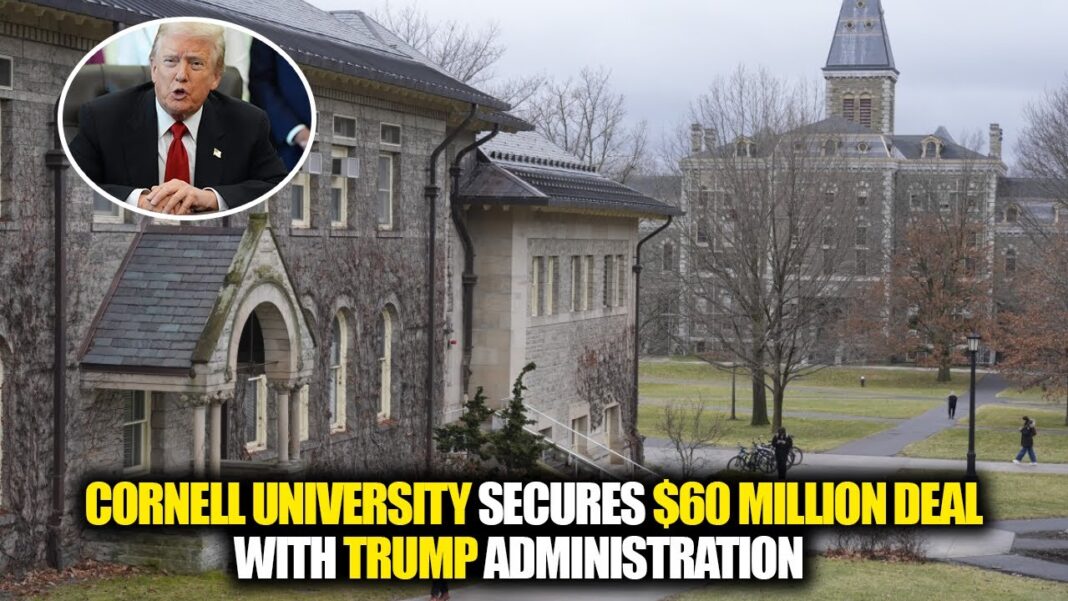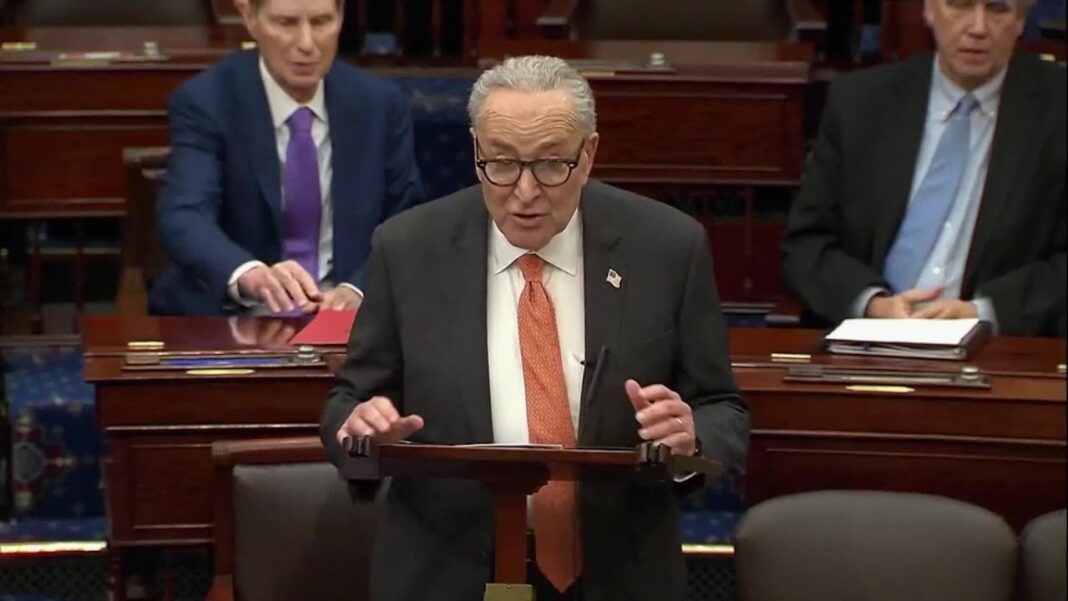The Ivy League Institution will pay a $30 million fine but admits no wrongdoing.
Cornell University has settled with the federal government to preserve hundreds of millions of dollars in federal funding that was previously at risk following civil rights investigations on the campus, the school’s president said today.
Under the agreement, Cornell President Michael Kotlikoff said the university will pay a $30 million fine to the federal government to end pending civil rights claims, though the institution is not admitting to any wrongdoing.
It will also commit $30 million for agricultural research aimed at building more successful and protective farms. All grants that were previously withheld have been unfrozen, and Cornell remains in good standing for future grant considerations.
Kotlikoff said Cornell maintains its independence for hiring, student admissions, and instruction, “without intrusive government monitoring or approvals,” though he is still required to regularly certify the school’s compliance with civil rights laws.
“The months of stop-work orders, grant terminations, and funding freezes have stalled cutting-edge research, upended lives and careers, and threatened the future of academic programs at Cornell. I am grateful for the dedication and resilience of the faculty, staff, and students who have found ways to continue moving critical work forward throughout these unprecedented events,” he said in a Nov. 7 letter to the campus community.
“With this resolution, Cornell looks forward to resuming the long and fruitful partnership with the federal government that has yielded, for so many years, so much progress and well-being for our nation and our world.”
In April, Cornell officials confirmed that the federal government was withholding $1 billion in grants to Cornell because of violations of federal law prohibiting discrimination based on race, color, or national origin in federally funded education programs.
At that time, Cornell officials indicated that the affected grants covered research into new materials for jet engines, propulsion systems, large-scale information networks, robotics, superconductors, and space and satellite communications, as well as cancer research.
Kotlikoff said research valued at about $250 million was disrupted by the freeze.








